
#CILE2015: The Participants
>> CILE 3rd Annal International Conference, Brussels, march 2015 <<
Biography
Dr Ezzat earned her BA (Honors), MA (Honors) and PhD in Political Science from Cairo University where she was Coordinator of the Civil Society Program for Research and Training and Foreign Relations, Coordinator of the University’s Center for Political Research and Studies and Foreign Relations and Academic Events Coordinator of the Program for Dialogue between Civilizations in the University’s Faculty of Economics and Political Science. Dr Ezzat has been a visiting researcher at the Centre for Democracy of the University of Westminster in London and at Oxford’s Centre for Islamic Studies ; a visiting fellow at UC Berkeley (2010) and Georgetown University (2012).
Dr. Ezzat is widely published in both English and Arabic on subjects related to Islam, women and politics as well as on citizenship, global democracy, global civil society and Islamic epistemology. She authored a background paper on Gender Equality in the Arab World for the 2006 UN Development Programme’s Arab Human Development Report. Her recent (2015) publications in Arabic include two titles : “The Political Imagination of Islamists” and “Towards a New Civility”. Dr. Ezzat is currently Assistant Professor in political theory at Cairo University and the American University in Cairo, and a visiting fellow at London School of Economics (2015-2016).
Speech Title (Islamic Discourse panel)
Beyond the Islamic State: Democracy’s Discontents and the Future of the World
Abstract
This paper addresses the rise of the notion of Islamic state since the Iranian revolution, and the different models that were under criticism from the liberal democratic discourse in the Arab world and beyond. Though the Muslim Brothers shifted their conceptual tools and established their discourse rather on “applying Sharia” more than “establishing Khilafa” or Islamic state, their political imagination was founded on the model of the Westphalian nation state.
After the Arab uprisings the notion of an Islamic state came under criticism, accusing the rising influence of Islamists as hijacking the revolution. With the outset of the first elected Egyptian president after one year of resuming power by a military coup supported by millions of protestors against the Muslim brother- hood the notion of Islamic state came under attack. Interestingly the new ruling elite tried to establish their legitimacy on religious pillars though claiming to be secular. With the rising threat of ISIS the notion became linked to excessive violence or terrorism.
A parallel development on the regional scene was the decay of the model of the territorial nation state in Iraq, Lybia, Syria and Yemen. On the global level recent research has been raising the crisis of the Westphalian model of the nation state. Is the problem we are facing the “islamicity” of the state or the corrosion of the model of the sovereign state? The paper approaches these inter-linked debates and issues to go beyond the assessment of the feasibility of the modern state to the new forms of political order that pose challenge on the sovereign state as well as civility in essence.
Video
(Starting 57 min 30 sec)



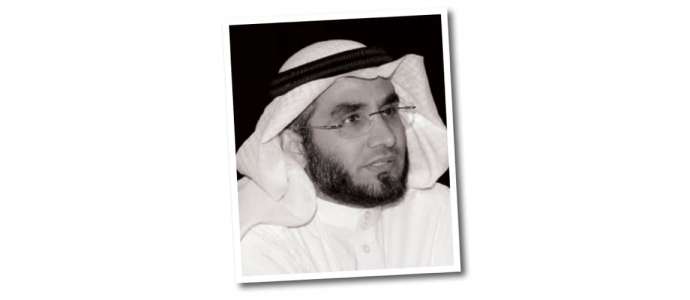
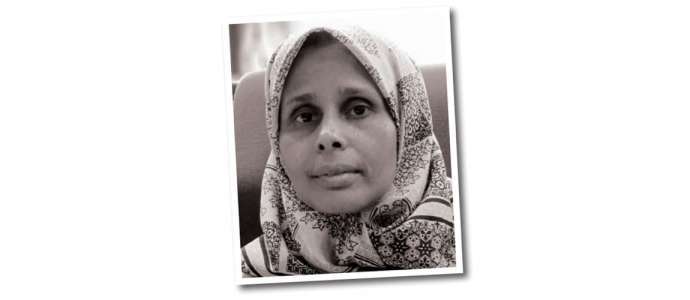
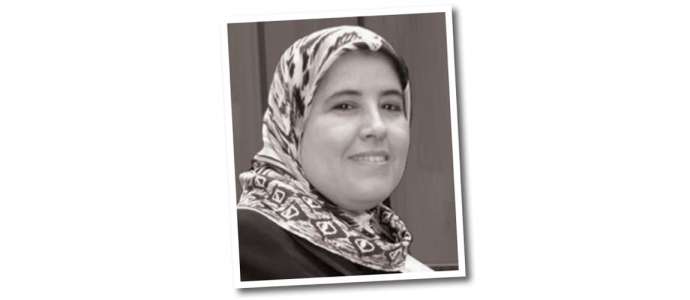
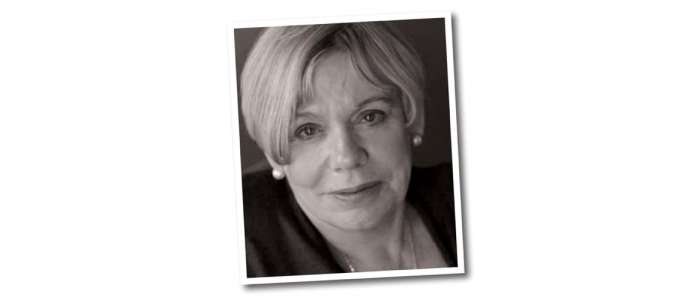
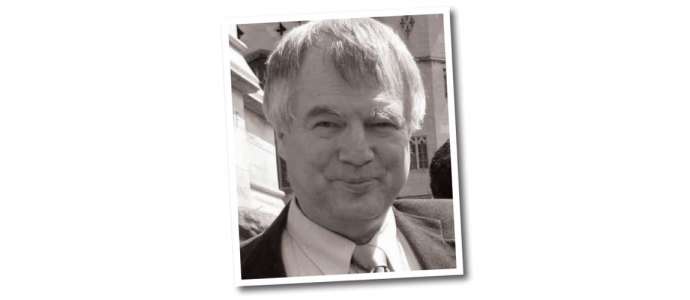
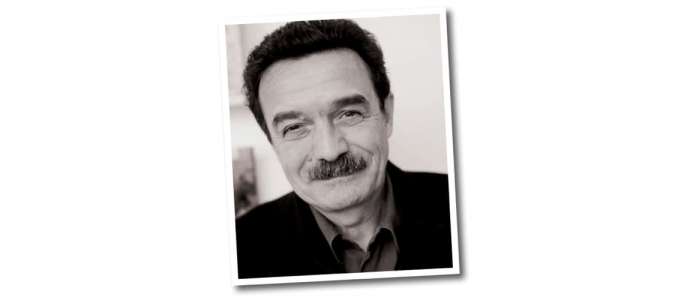
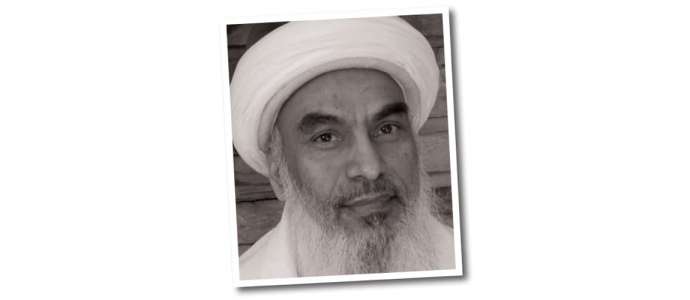
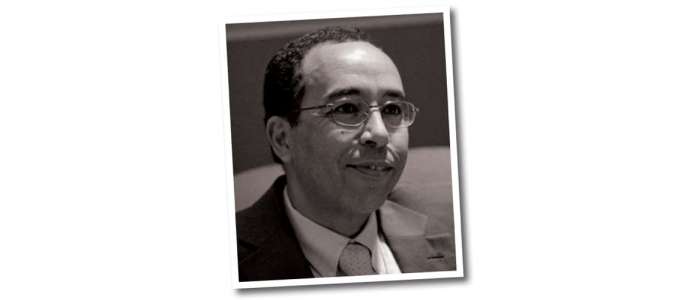
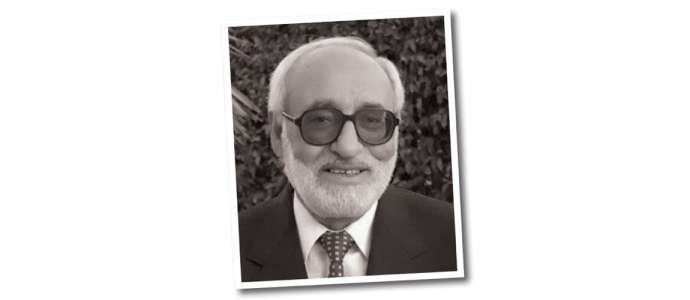
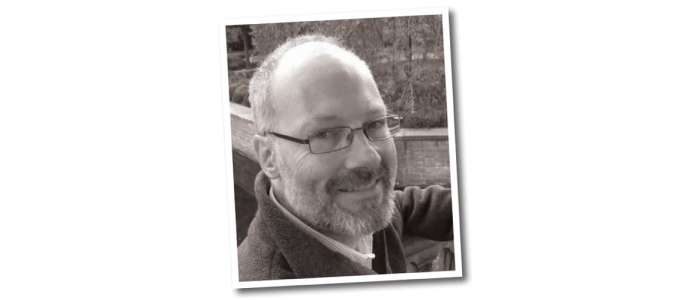
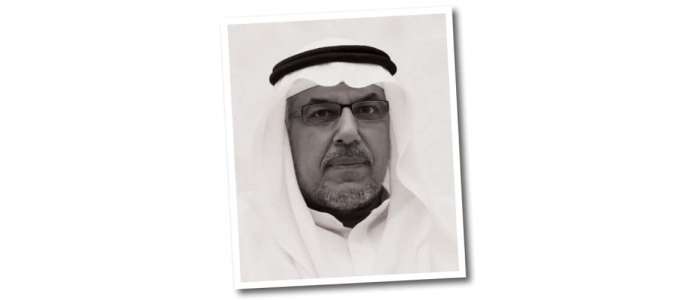
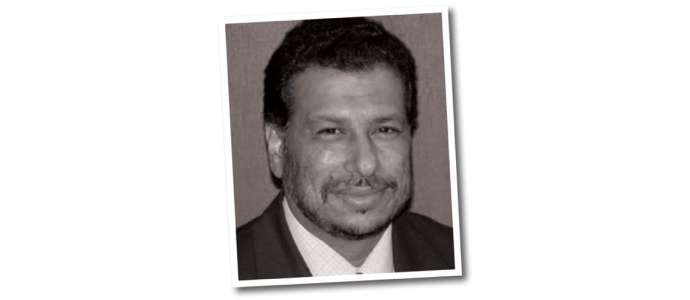

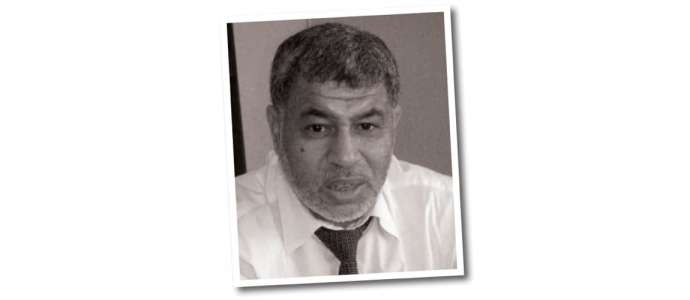

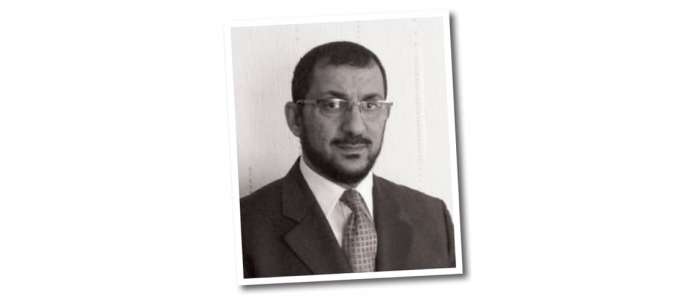













Add new comment